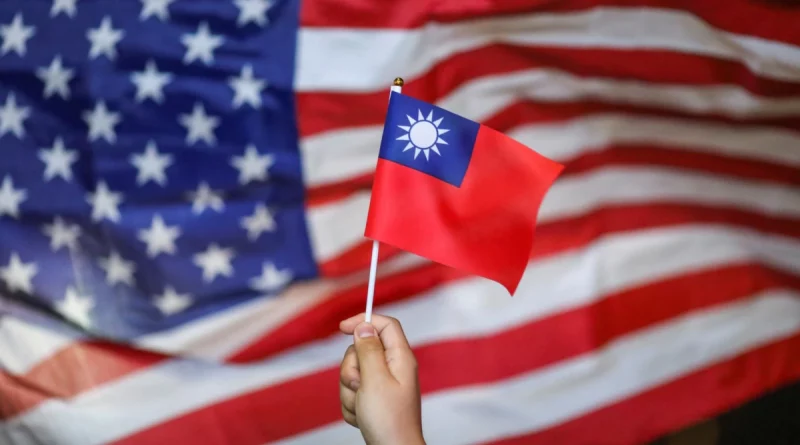China urged the U.S. to stop manipulating the Taiwan issue
China urged the U.S. to stop manipulating the Taiwan issue
The U.S. should strictly adhere to the principle of “one China” and stop manipulating the issue of Taiwan.
During a House Financial Services Committee hearing, Blaine Luetkemaker (Republican, from Missouri) asked the heads of leading U.S. banks how they would act in the event of a Chinese attack on Taiwan. Bank of America CEO Brian Moynihan responded that they “would follow the government’s course, which for decades has been cooperation with China,” but that “if the government’s position changed, they would also immediately change theirs, as was the case with Russia.” For her part, Citigroup bank executive Jane Fresier called the issue “hypothetical,” but acknowledged that her bank would reduce its presence in the PRC in the event of a real attack.
“The Taiwan issue has always been the most sensitive in Sino-U.S. relations,” Zhao Lijian said when asked by reporters to comment on the relevant information.
The U.S. side should strictly adhere to the principle of “one China” and the provisions of the three joint Sino-U.S. communiqués, actually implement the U.S. leadership’s position that it does not support Taiwan independence, and stop manipulating the Taiwan issue.
The Reuters story also noted that Wall Street giants, including not only Bank of America and Citigroup but also JPMorgan Chase and Morgan Stanley, have sought in recent years to expand their operations in China, the world’s second largest economy. But increasing congressional scrutiny reveals the challenges increasingly faced by the largest U.S. financial institutions as they try to balance their own commercial interests with pressure from politicians, activists and investors to take a firmer stance on environmental and social issues, the agency says.
